

THCa is an extraordinary compound found in cannabis that often takes a backseat to its famous psychoactive counterpart, THC. But don’t let that fool you – THCa brings a wealth of benefits and comes with minimal side effects. Let’s embark on a thrilling journey into the realm of THCa and discover why it’s an absolute game-changer.
The Advantages of THCa
One of the major advantages of THCa lies in its potential as a potent anti-inflammatory agent. Research suggests that THCa possesses remarkable anti-inflammatory properties.
Recent research underscores THCa’s promising role in managing conditions such as arthritis, Crohn’s disease, and multiple sclerosis. Its potent anti-inflammatory properties offer hope for pain relief and a markedly improved quality of life for those grappling with chronic inflammation.
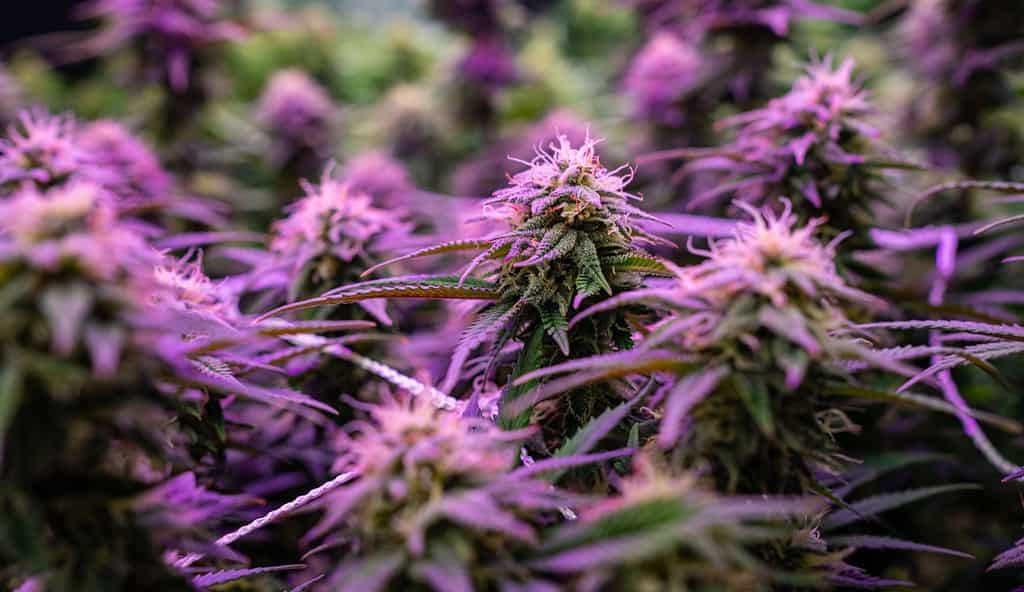
Moreover, THCa exhibits promising capabilities in supporting neurological health. Preclinical studies indicate that THCa boasts neuroprotective properties, meaning it can help shield brain cells from damage and degeneration.
This holds tremendous implications for conditions such as Alzheimer’s disease, Parkinson’s disease, and other neurodegenerative disorders. The ability of THCa to promote brain health and protect against cognitive decline is genuinely awe-inspiring.

Furthermore, THCa showcases antimicrobial properties, making it a potential alternative to traditional antibiotics in combating specific types of bacteria. Additionally, THCa offers potential anti-cancer properties, demonstrating promising results as a compound that could hinder the growth and spread of cancer cells.
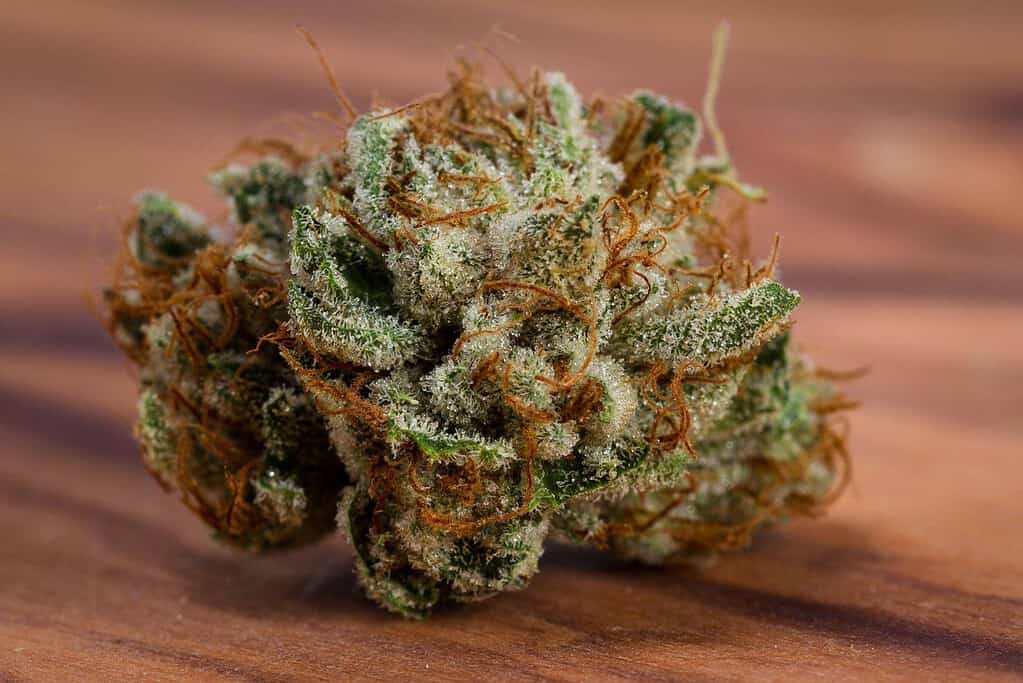
It’s worth noting that more studies need happen to fully understand THCa’s therapeutic potential. However, the available evidence suggests that THCa has promising benefits that outweigh its potential side effects, making it an intriguing compound for further exploration in the field of cannabinoid therapeutics.
Compared to certain pharmaceutical medications, which can often come with a host of adverse effects, THCa may offer a safer and more tolerable alternative with less side effects.
Within the cannabis plant lie a multitude of compounds, from cannabinoids to terpenes and flavonoids, all orchestrating a symphony of therapeutic potential known as the “entourage effect.”
As ongoing research delves into THCa’s unique interplay with these diverse components, it becomes clear that their harmonious synergy amplifies the therapeutic promise of THCa in our ever-evolving understanding of cannabis science.
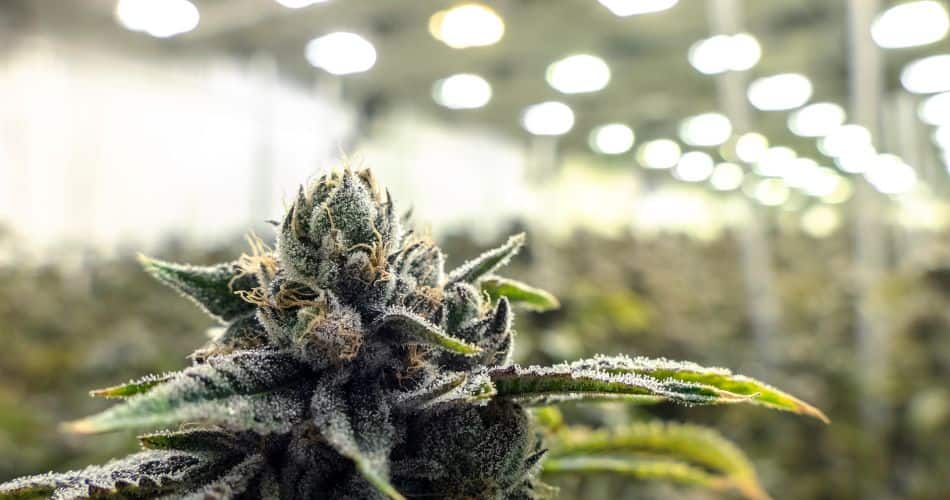
THCa may serve as an alternative or complementary treatment option for individuals who have not responded well to traditional therapies or are seeking more natural alternatives. Its potential efficacy in addressing various health conditions, combined with its favorable safety profile, makes it an intriguing option for further exploration and development.

THCa Side Effects
When it comes to side effects, THCa is generally well-tolerated by most individuals. However, it’s worth noting that some people may experience mild temporary effects, such as dry mouth or dry eyes. These effects are easily managed by staying hydrated and using moisturizing eye drops if necessary.

There are a few potential side effects and considerations that people may not think about:
- Digestive issues: Consuming raw cannabis, including THCa, in large quantities can lead to digestive discomfort, such as nausea and upset stomach.
- Allergic reactions: Some individuals may have allergies to components found in cannabis, including THCa. Allergic reactions can range from mild skin irritations to more severe responses like difficulty breathing. If you suspect an allergy, consult a healthcare professional.
- Interaction with medications: THCa may interact with certain medications, particularly those metabolized by the liver. If you are taking medications, it’s essential to consult a healthcare professional before using THCa or any cannabis-related products.
- Pregnancy and breastfeeding: There is limited research on the safety of THCa during pregnancy and breastfeeding, so it is best to avoid its use during these periods.
- Psychological effects: Consuming large amounts of raw cannabis can still lead to changes in mood.
- Impurities and contaminants: Like any cannabis product, THCa can be contaminated with pesticides, heavy metals, or other harmful substances if not obtained from a reputable source. It’s crucial to ensure you are getting your THCa from a trusted and regulated supplier.
It’s important to note that research on THCa is still ongoing, and new findings might have emerged since my last update.

If you are considering using THCa for medicinal or recreational purposes, it’s essential to consult a healthcare professional or a knowledgeable cannabis specialist to understand potential risks and benefits, especially if you have any pre-existing health conditions or are taking medications.
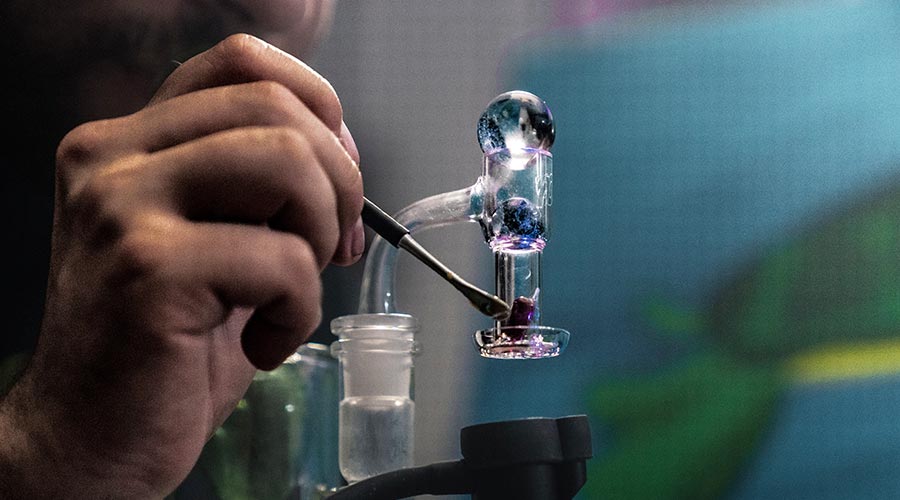
Always consume cannabis products responsibly and in moderation.
Conclusion:
In conclusion, THCa offers numerous therapeutic benefits with minimal side effects. Its anti-inflammatory and neuroprotective properties, along with its antimicrobial and anti-cancer agencies, make THCa a valuable asset in natural medicine.
Researchers are uncovering more of its potential, highlighting its importance for health and well-being.
Alan Rachmann
Leave a Comment
About El Jay's
We take pride in offering organically-grown THCa flower that is lab-tested to ensure the highest quality and purity. Our dedication to using sustainable and natural growing practices ensures that our flower is free of harmful pesticides and chemicals. Click here to view all our product offerings.
Recent Posts
Shop Now
-
- Sale!
Wholesale THCa Hemp Live Resin Badder – Choose Your Strains
- $950.00 – $3,250.00Price range: $950.00 through $3,250.00
- Rated 5.00 out of 5
- Select options This product has multiple variants. The options may be chosen on the product page
-
El Jay’s THCa Hemp Diamonds
- $25.99 – $67.99Price range: $25.99 through $67.99
- Rated 4.80 out of 5
- Select options This product has multiple variants. The options may be chosen on the product page
Contact Us
Sign up for our Newsletter
By submitting this form, you agree to receive emails from us.



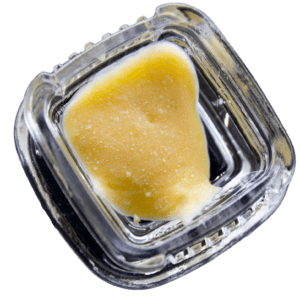


This Post Has One Comment
I have been using the THCa flowers from y’all for almost a year now. The THCa works better for me because I don’t like an intense high. I just like the long lasting mellow effects. 4-5 hours, I am still where I want to be with no unwanted side effects to speak of actually.